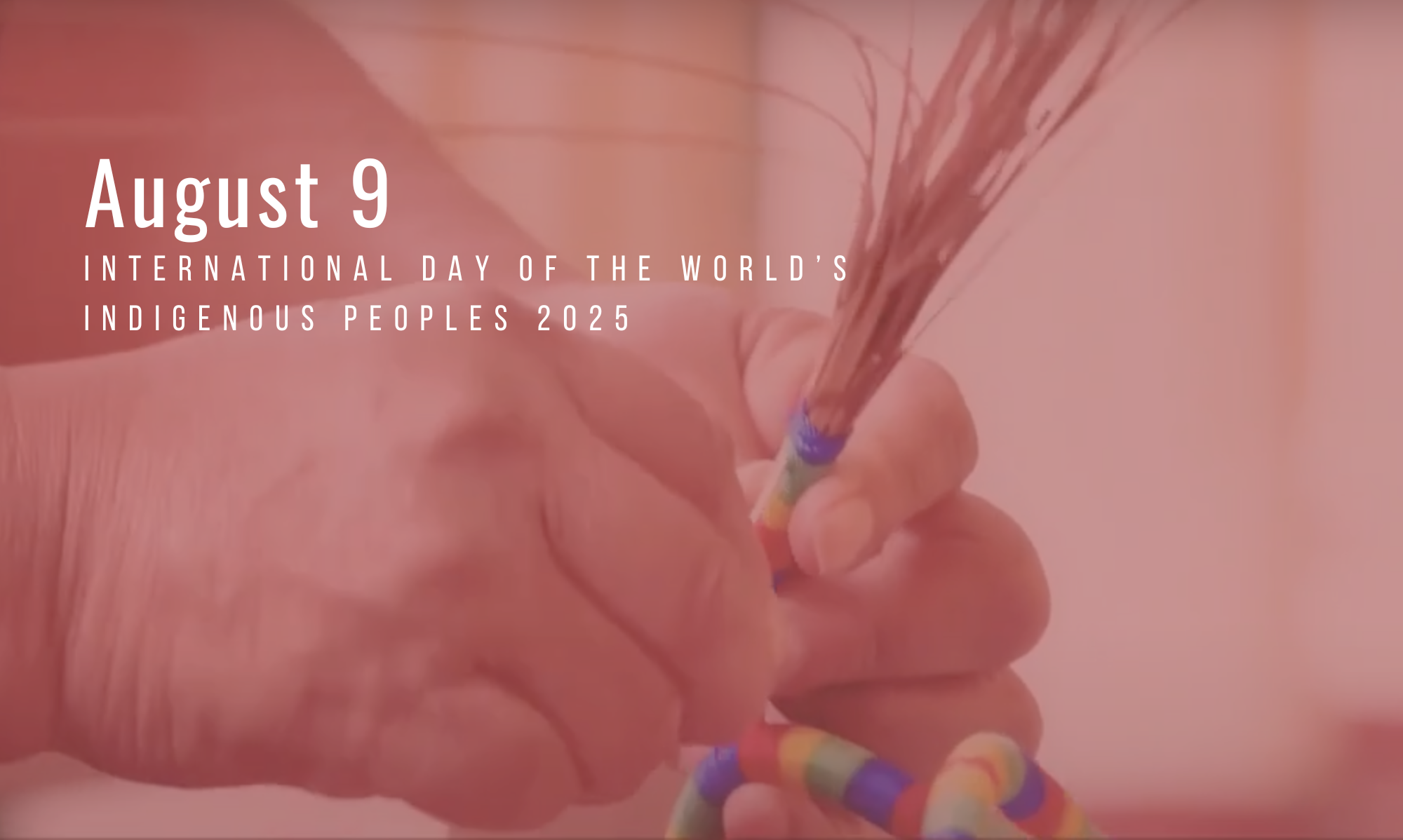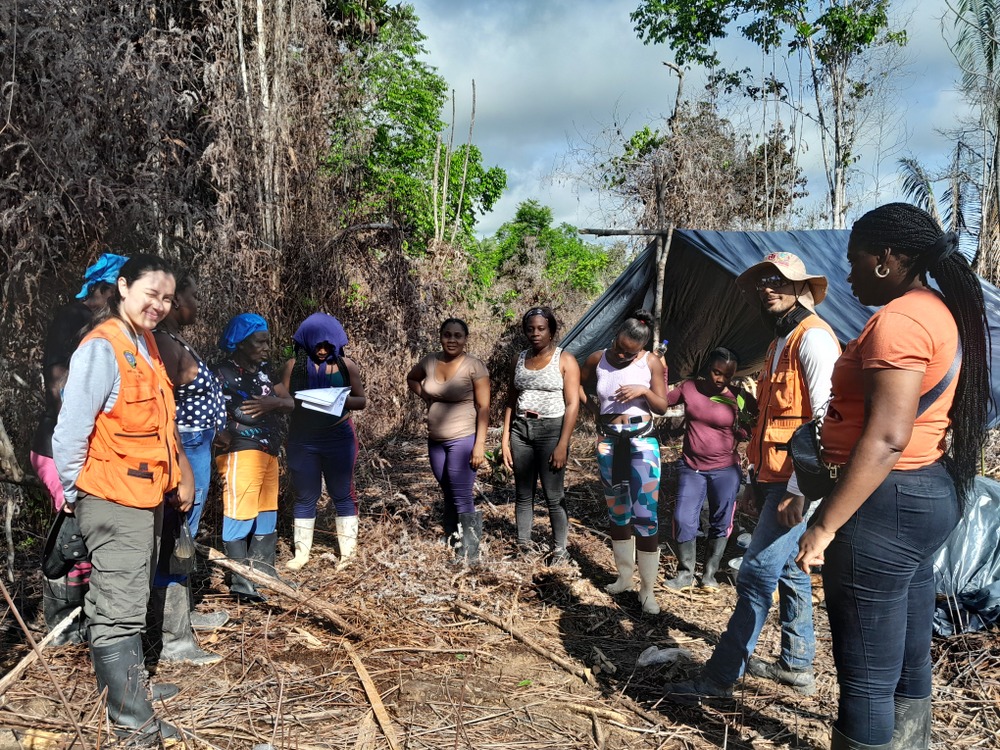ITTO celebrates Indigenous Peoples as stewards of tropical forests
09 August 2025, Yokohama

A woman from the Pine Needle Women's Group in Guatemala's Patzún region weaves pine needles into a colourful bracelet. © ITTO
Indigenous Peoples, through their very daily life practices, are at the centre of efforts that contribute to sustainable forest management (SFM) in the tropics. On International Day of the World’s Indigenous Peoples 2025, ITTO celebrates our partnerships with Indigenous communities worldwide and the joint advancement of management and conservation of the world’s tropical forests.
Indigenous Peoples are inheritors and stewards of unique cultures that promote strong relationships between humans and the environment. They have retained ecological, economic, and socio-cultural approaches that make valuable contributions to climate action and sustainable development.
ITTO is proud of our work with Indigenous groups and local communities and is grateful for the unique knowledge they have provided to advance SFM.
In Guatemala, an ITTO project contributed to development in Patzún’s Indigenous communities via knowledge sharing, which facilitated harvesting of pine needles used to manufacture consumer goods. The project collaborated with a women’s group to create opportunities to generate income, improve forest management, and enable pathways for Indigenous sovereignty.
According to Miriam Coy, a representative of the Pine Needle Women’s Group, the initiative was “a great help to us and our families because it brings economic income to our households.”
With Guatemala’s forests under threat from agriculture, poor forest management practices, and illegal logging, projects such as these are crucial for local economic development and safeguarding traditional community heritage while reducing pressure on forest resources.
Community empowerment, particularly working with Indigenous Peoples and local communities, is central to ITTO’s mandate to advance SFM and the trade of legal and sustainably harvested timber.
In Colombia’s Bajo Calima, an ITTO collaborative project worked with community groups from the Pacific coast region’s Afro-descendent community on management, conservation, and restoration programmes.

The project focused on building local capacities via workshops and training exercises. A key goal was to empower local women to manage their own resources.
“As a woman, I feel very benefited (by this project) because previously women were not taken into account for these things. Women in our environment were seen as just housewives,” said Jackeline Alegría, a leader with the ASOPAMUPA community group.
Collaboration built on respect for age-old Indigenous wisdom not only supplements scientific insight, but also brings to life the potential of SFM to generate real outcomes for livelihoods and cultural protection.
This spirit of co-creation, equal partnership, and respect for self-determination is built in ITTO’s Environmental and Social Management Guidelines, which commit to the full recognition and support of the ownership, control, and customary rights of Indigenous Peoples and local communities to forest land and resources.
“Giving Indigenous and local communities the tools to manage forest resources contributes to improving livelihoods, oftentimes for people in rural or socioeconomically deprived areas, while highlighting the key role that traditional knowledge plays in the effective management of tropical forests,” says Sheam Satkuru, ITTO Executive Director.
“For ITTO, meaningful engagement with Indigenous Peoples and local communities is about listening and responding to their needs so we can provide opportunities that are appropriate to their context and culture.”